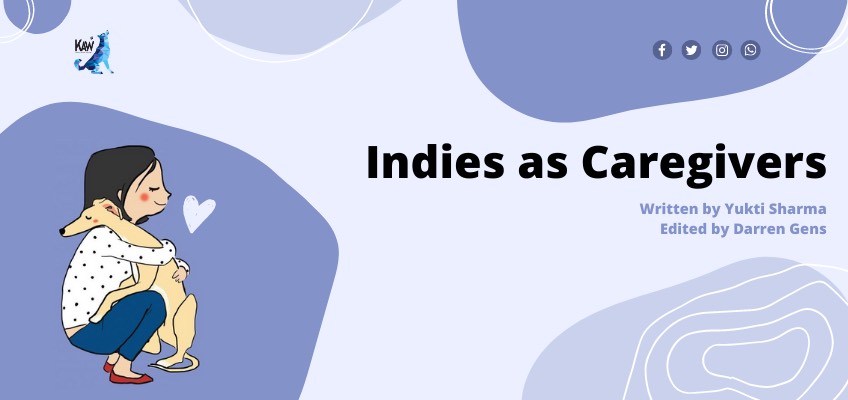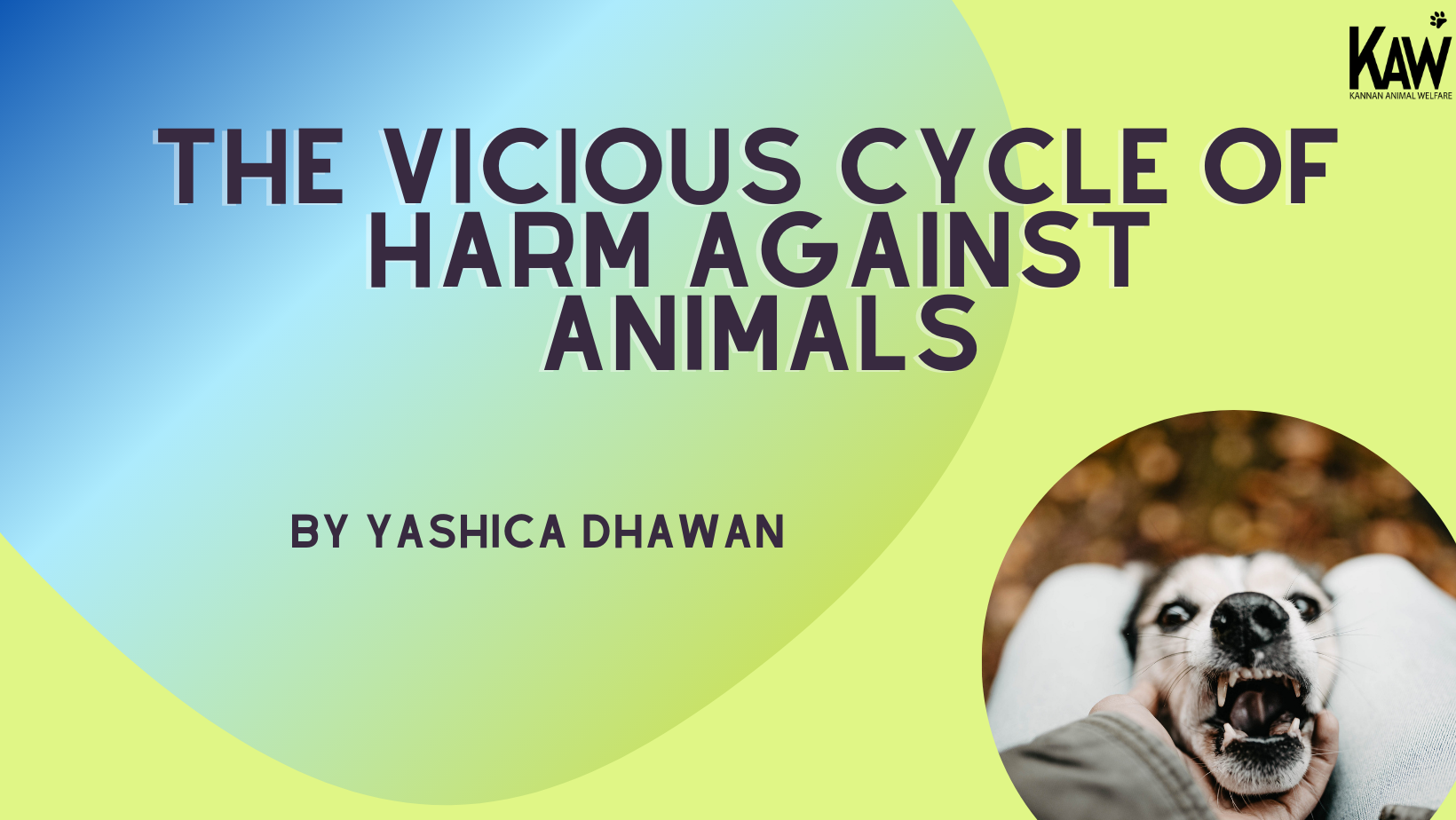Indies as Caregivers
By Yukti Sharma
Edited by Darren Gens
“Paw outstretched and calmly placed on my hands, he sits with me and tries to comfort me in every way possible. It’s almost as if he can sense changes in my mood and behaviour and adjusts accordingly.” Akshara talks about Truffle, a brown Indie with cute black button eyes, an extremely expressive face, and a loving warm heart.
Time and again, dogs have proven themselves to be excellent companions — so much so that few breeds are specifically trained to be service, therapy, and emotional support dogs. They are instructed to provide comfort and compassion to the elderly, children, and patients with chronic ailments, both mental and physical.
Service dogs are specially trained to perform specific tasks and to work with people with disabilities, which can range from physical, sensory, intellectual to psychiatric and mental illness. Emotional support dogs, on the other hand, are not trained for particular tasks or duties, even though they are trained to accompany a specific disabled owner. They’re considered companion animals and ease anxiety, depression, phobias, and loneliness. To be considered as emotional support animals, they are required to be prescribed by a mental health professional for a patient with a diagnosed psychological or emotional disorder, such as anxiety disorder, major depression, or panic attacks.
Therapy dogs play a significantly different role, as they are not trained to live with a specific owner. Rather, these are the dogs that — along with their human teammate (often the dog’s owner) — volunteer in clinical settings, such as hospitals, mental health institutions, hospices, schools, and nursing homes, where they provide comfort, affection, and even unconditional love in the course of their work. Before dogs are trained for these roles, their health is evaluated and behaviour observed to understand how they react in different situations and scenarios.
India’s bustling streets are home to roughly 35 million dogs, a number that has been growing by 17 percent since 2016. Most of these are native Indian breeds, like the Indian Pariah dog; they are often colloquially called “indie” dogs instead of “stray” or “street” dogs. Our fascination with Western breeds has led to the ostracization of this agile, adaptable, and extremely intelligent breed. But increasingly, we are realizing their suitability and efficiency for these trained roles.
Indie dogs are easy to maintain, they shed very little, and they are perfectly suited for the Indian tropical climate. Indian pariah is one of the healthiest breeds of dogs with minimum to no mutations caused by human interference or inbreeding, usually requiring only routine medical checkups. This makes it easier to care for them, as their health is relatively low maintenance compared to other breeds. Their evolutionary journey and natural habitat — the streets of Indian — have helped them become extremely alert and agile. If trained as puppies, these qualities would make them excellent service, therapy, or emotional support animals.
Sudha Narayanan, the founder trustee of Charlie’s Animal Rescue Centre (CARE), says that Charlie, an Indie, was a disabled therapy dog for many years for children. Though naughty by nature, Charlie would immediately become calm and patient around spastic children who visited the center. This different side of him led Sudha to get him trained as a therapy dog and he became the established figure in the field of canine therapy and inspiration behind the trust. CARE now has Stumpy, another Indie who frequents the special aid school to help the children.
Countless Indies who live on the streets can be adopted and also trained as skilled companions. They are loving and adorable, with plenty of smart tricks up their sleeves. It's time that we let go of our obsession with exotic foreign breeds and open up our hearts to our native breeds, which will not only better their lives, but ours as well. In the words of John Grogan from Marley and Me: "A dog doesn’t care if you are rich or poor, educated or illiterate, clever or dull. Give him your heart and he will give you his."






